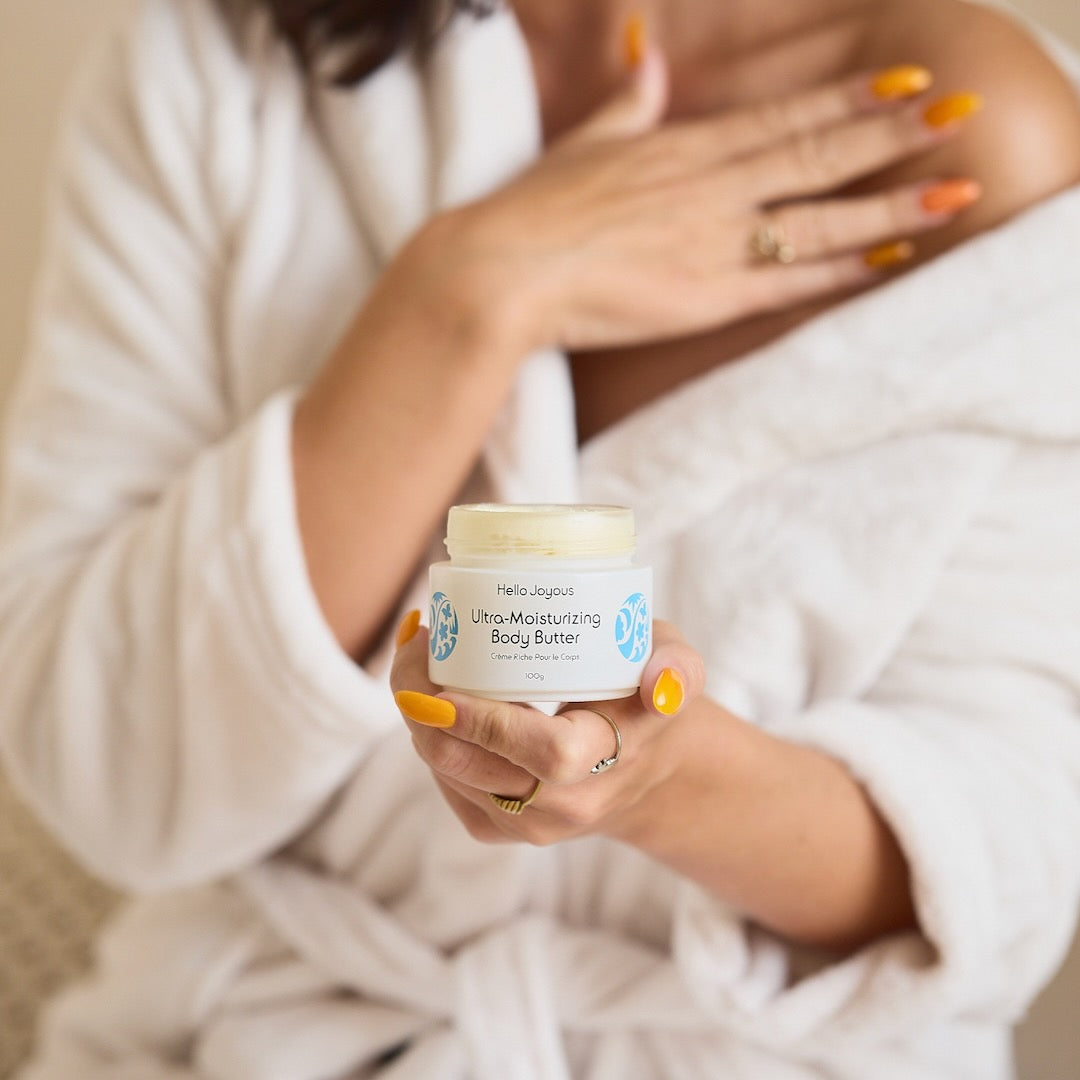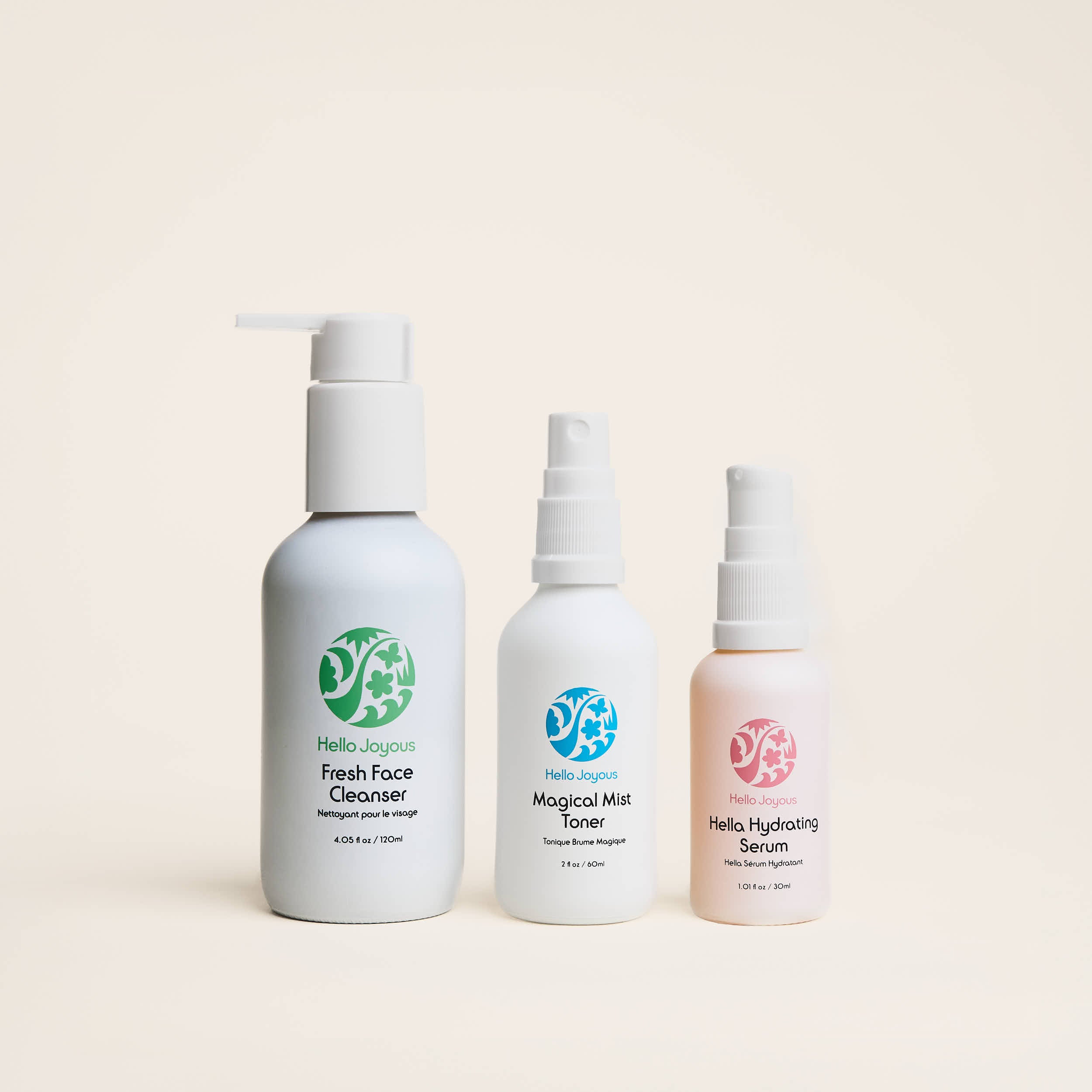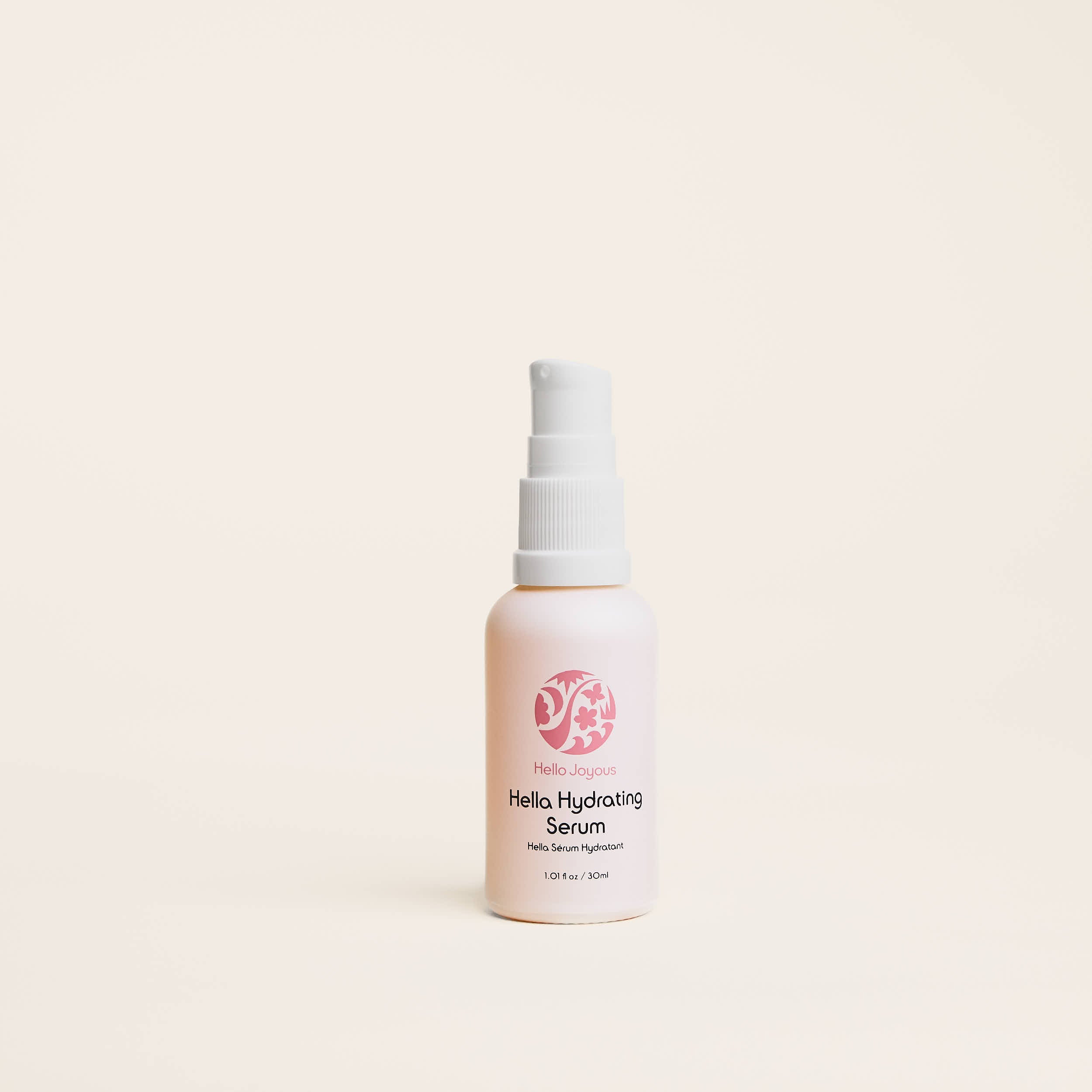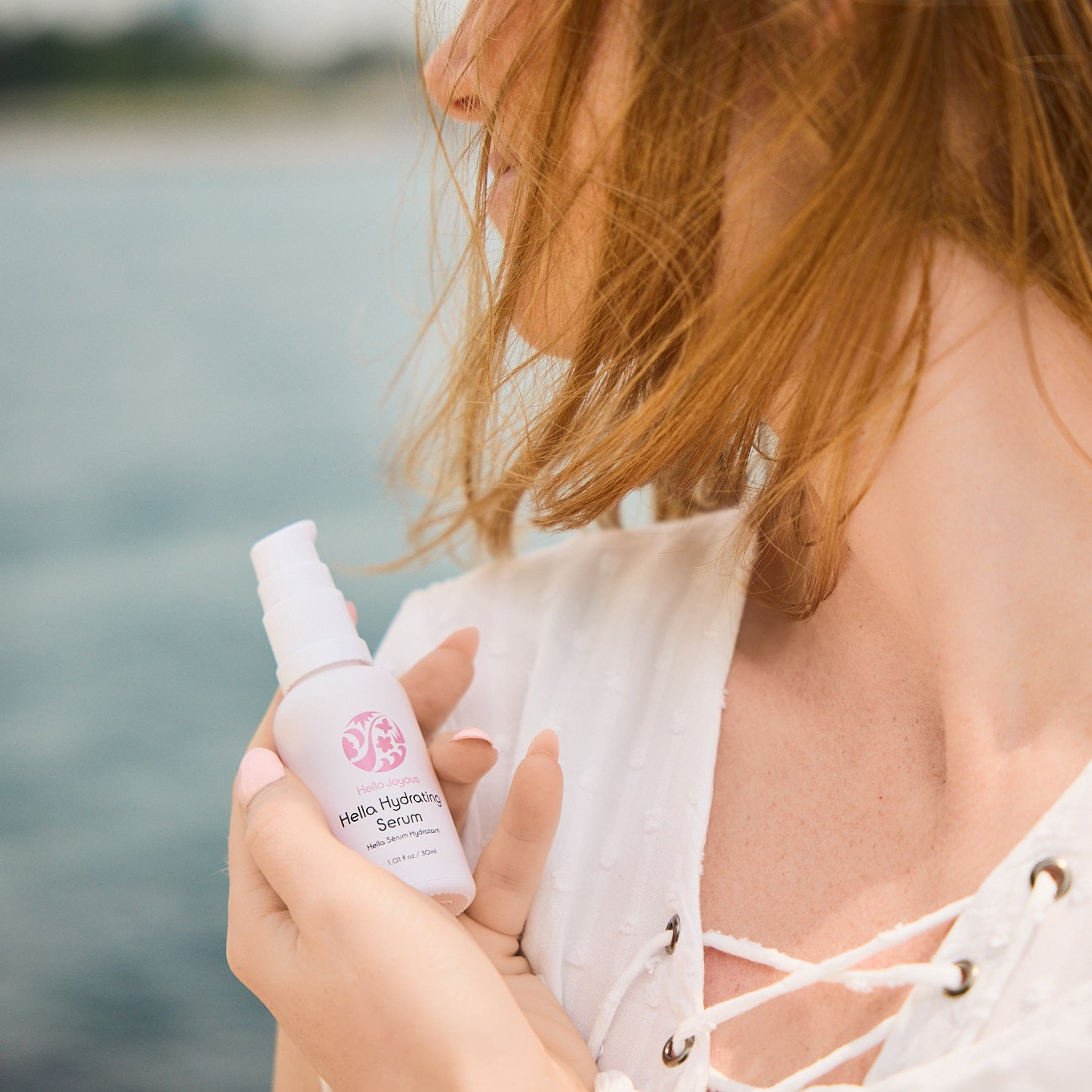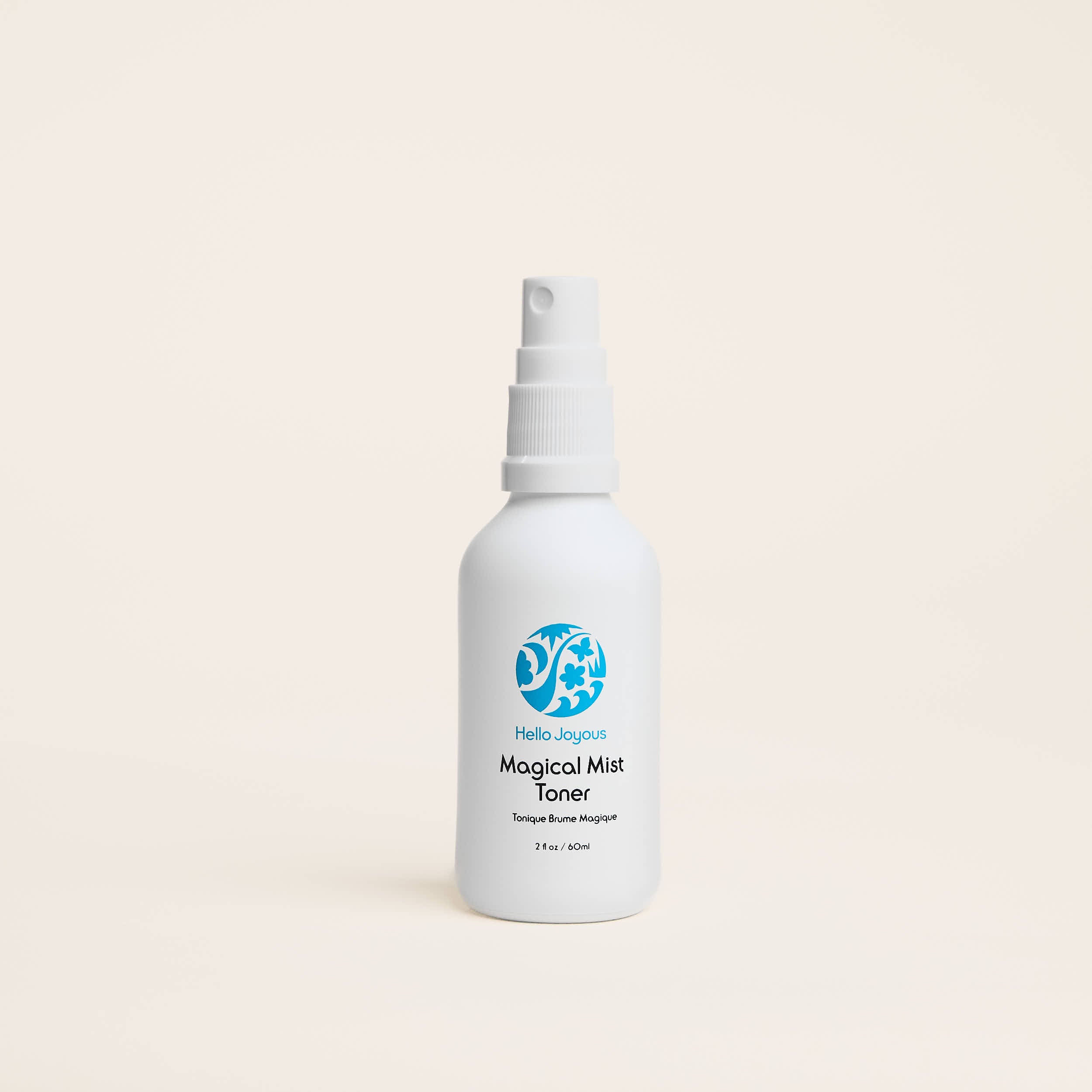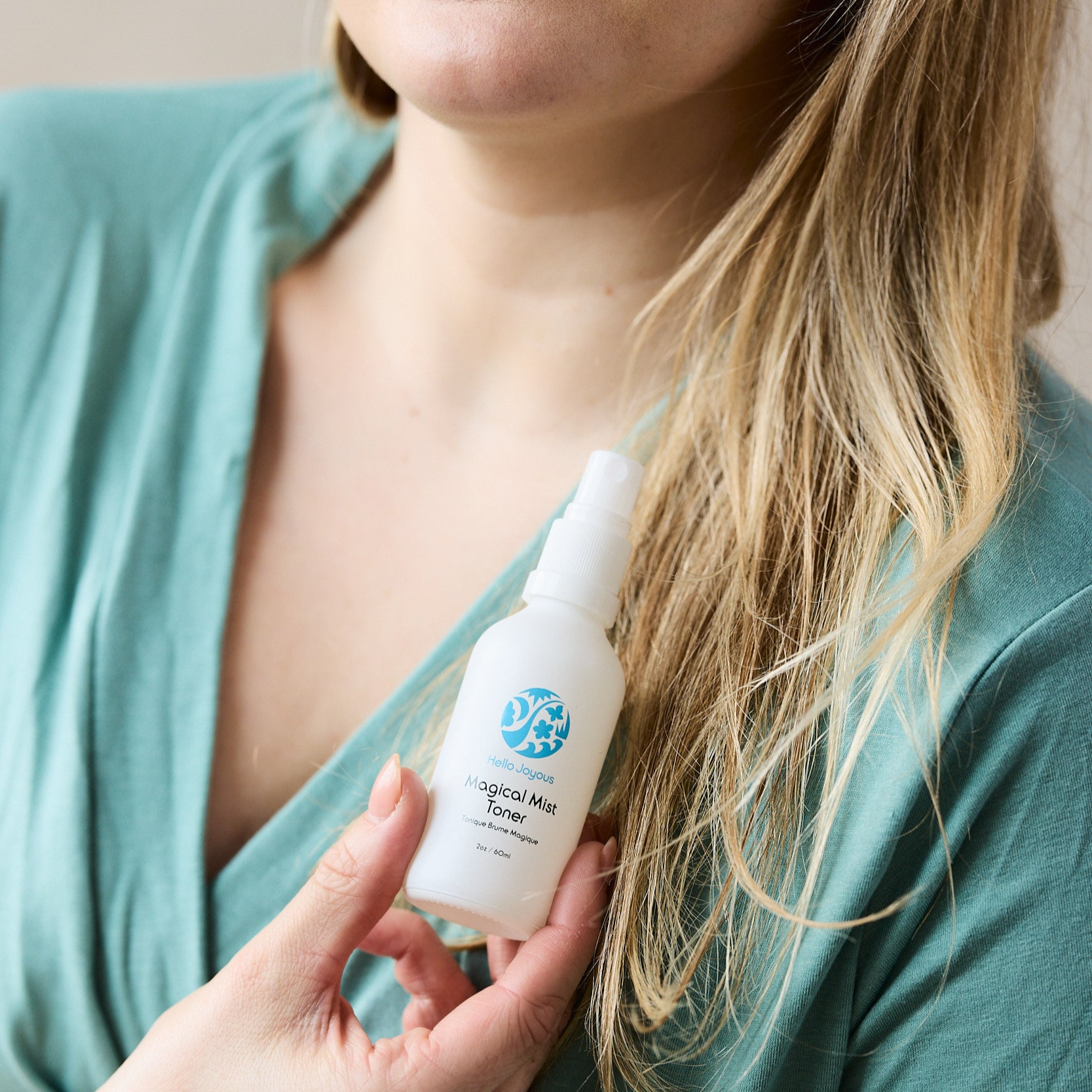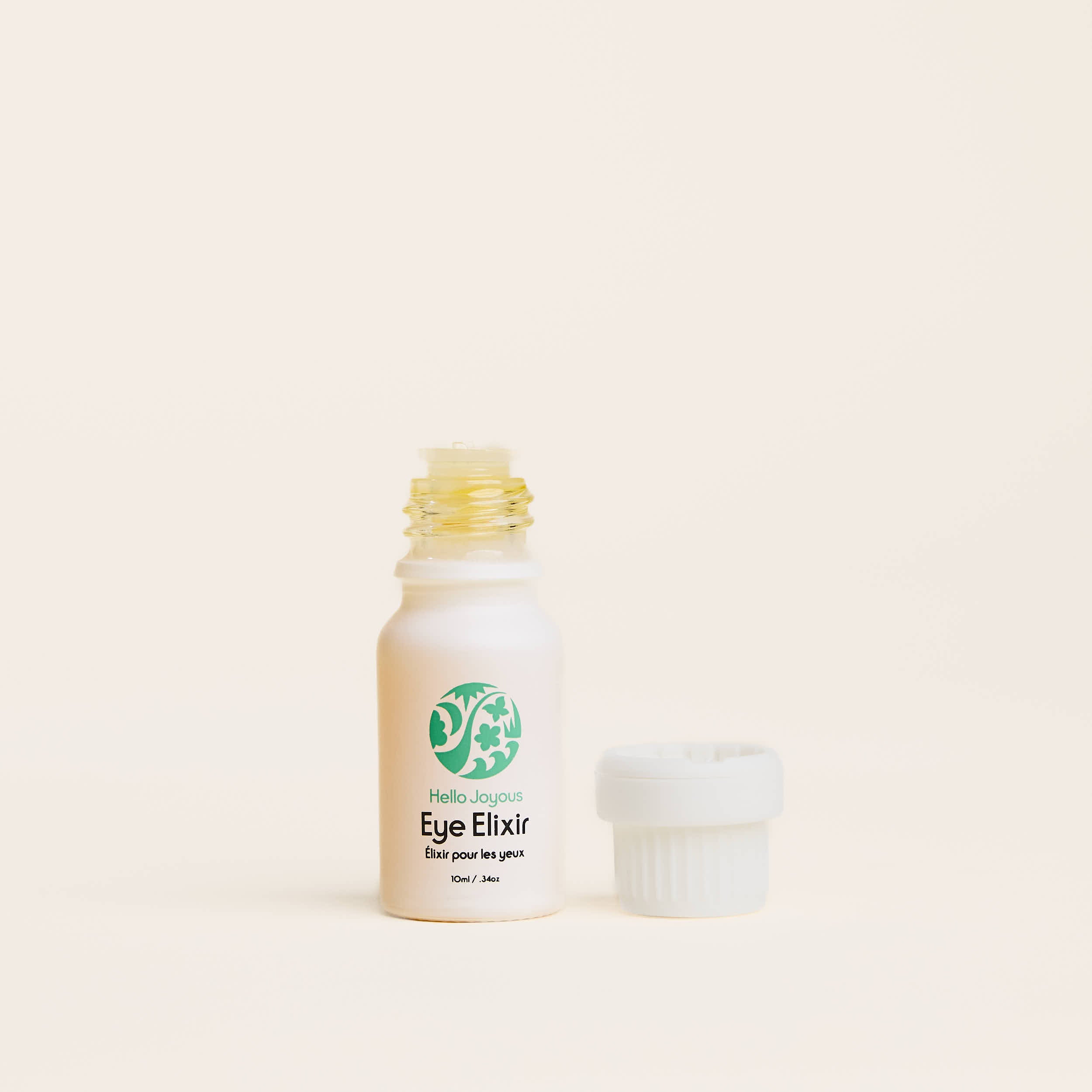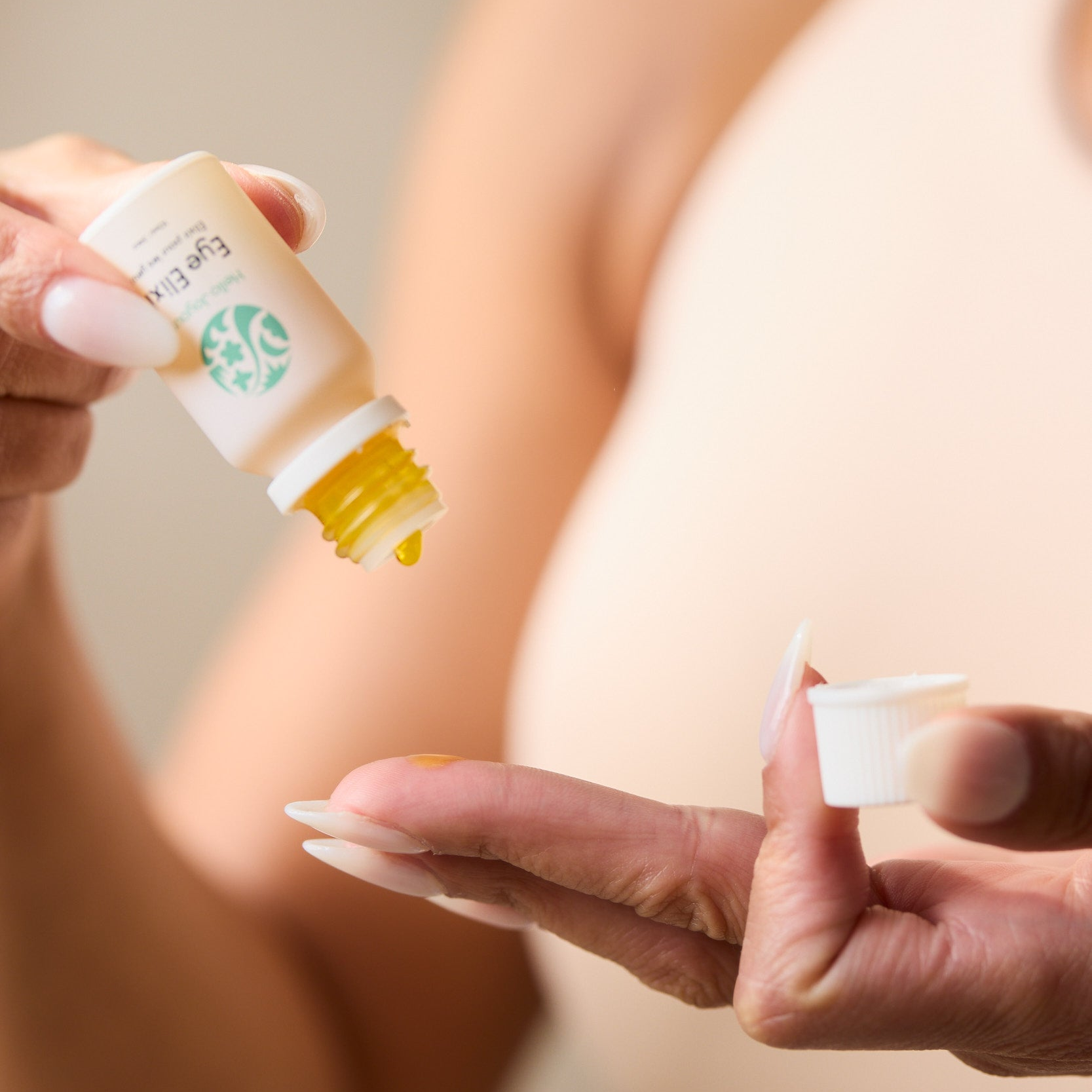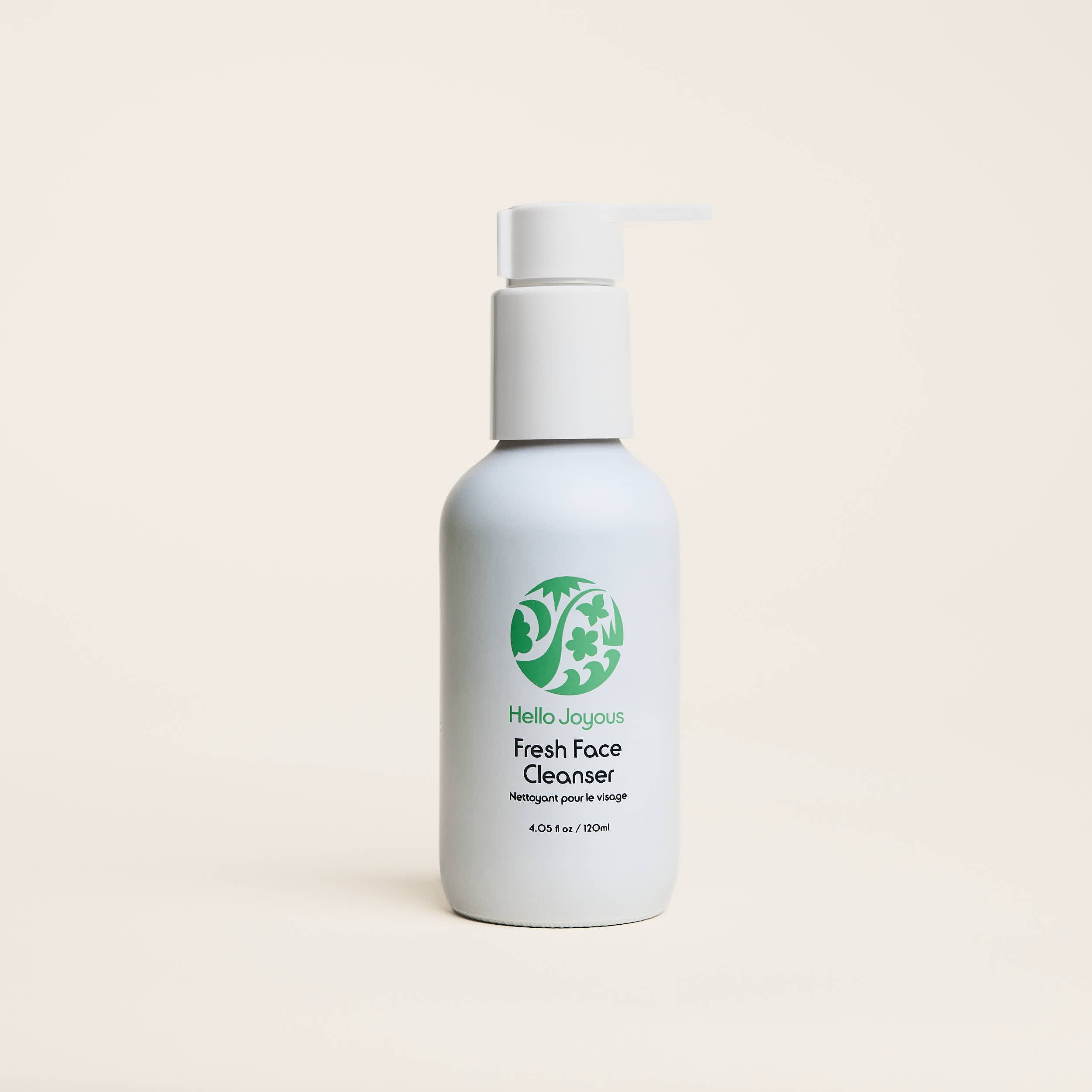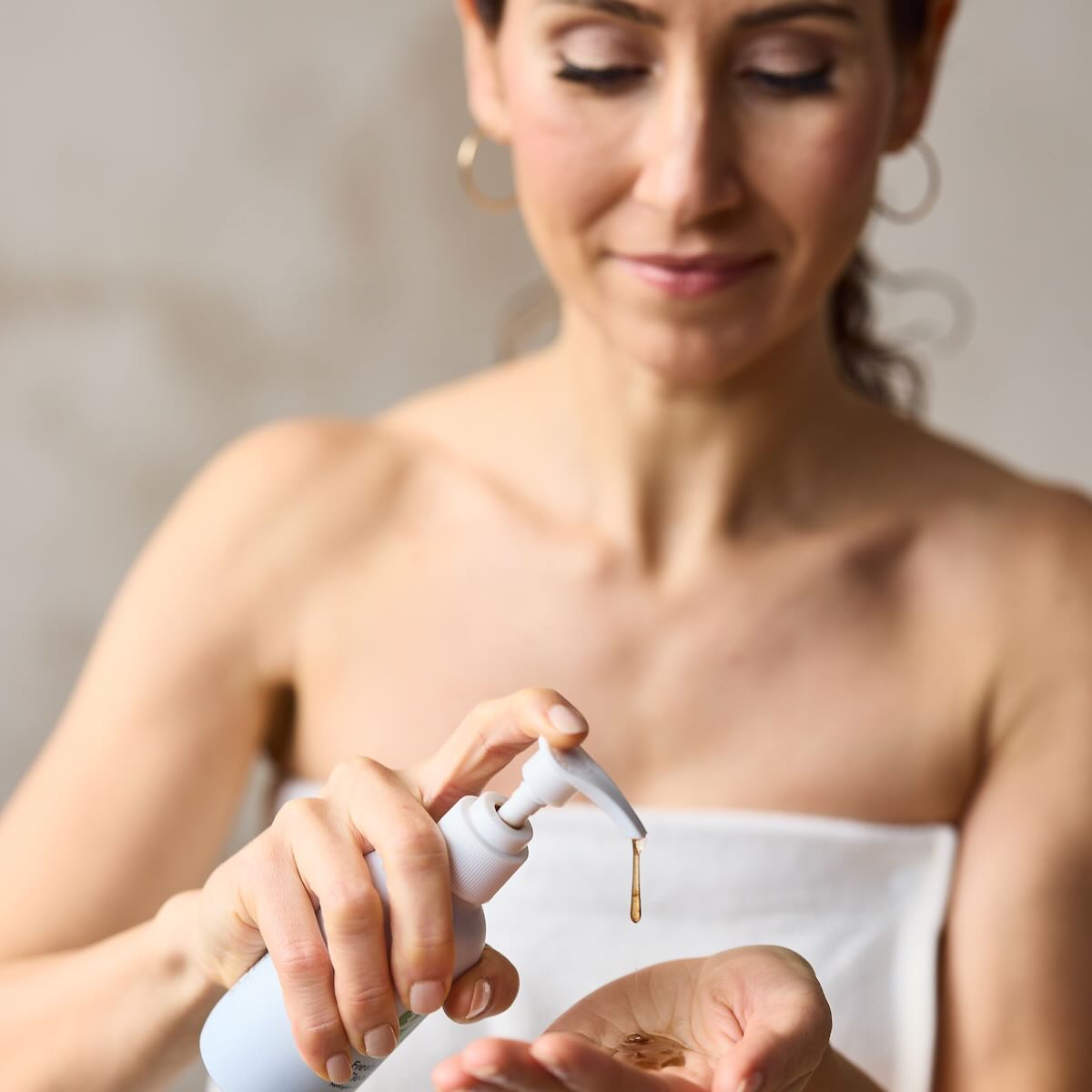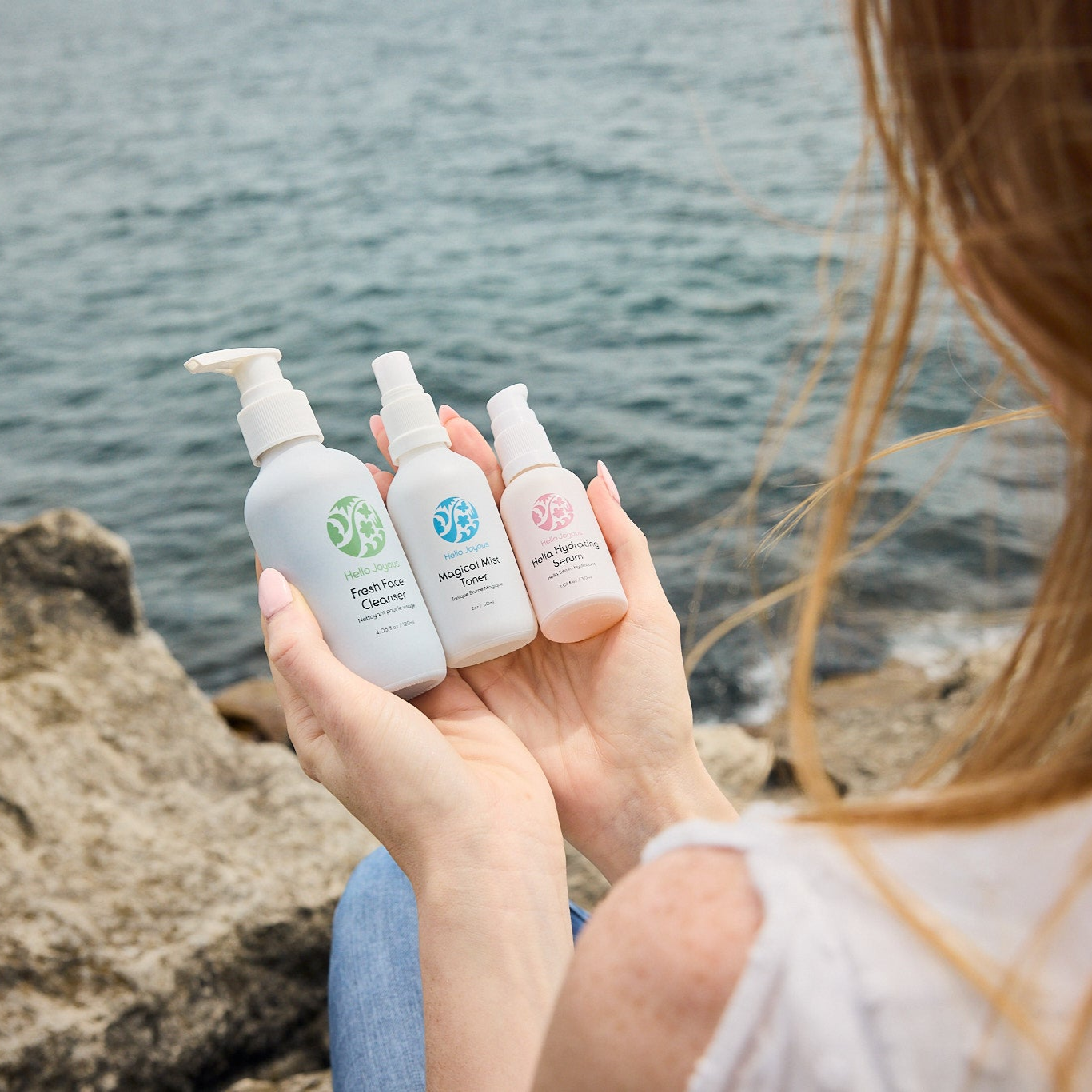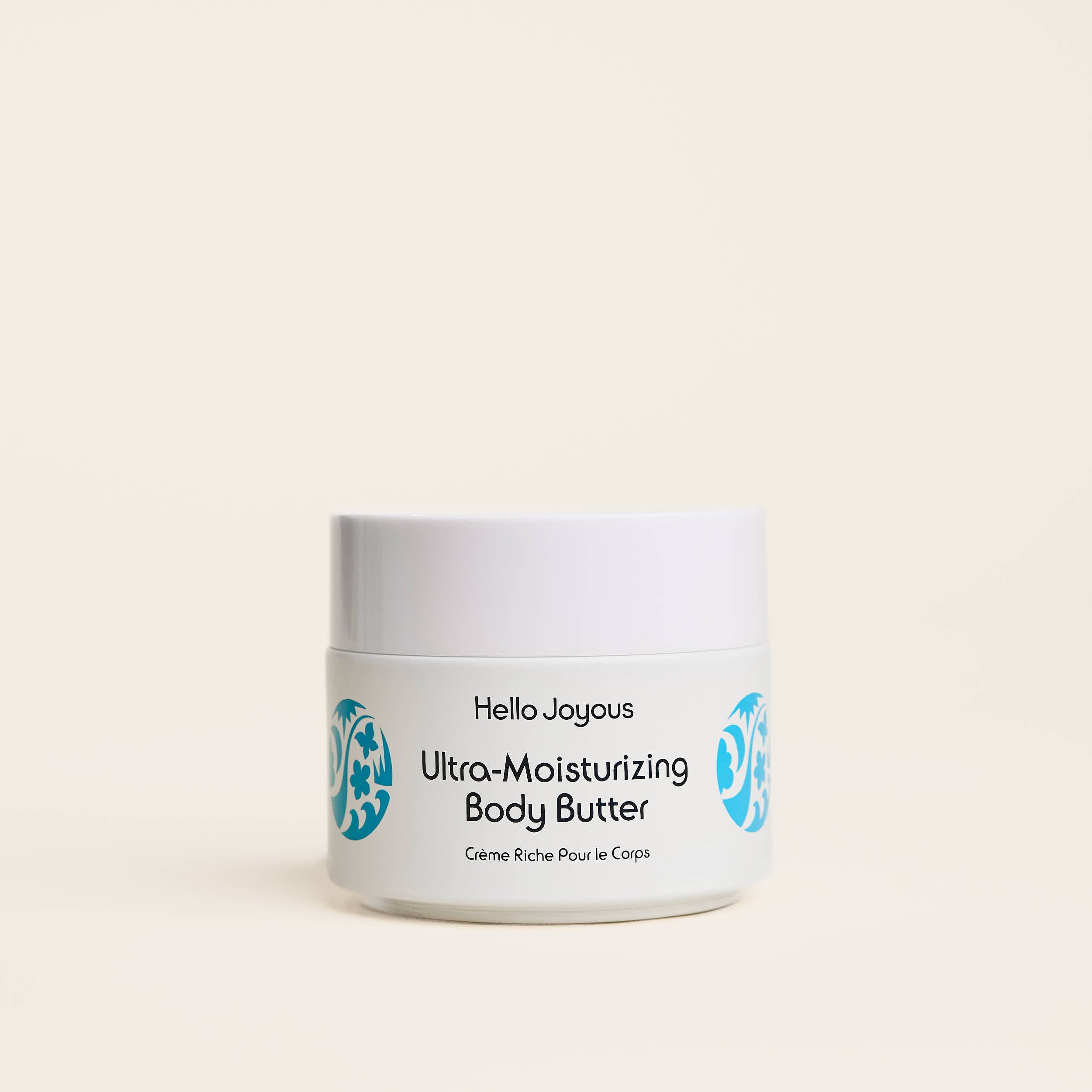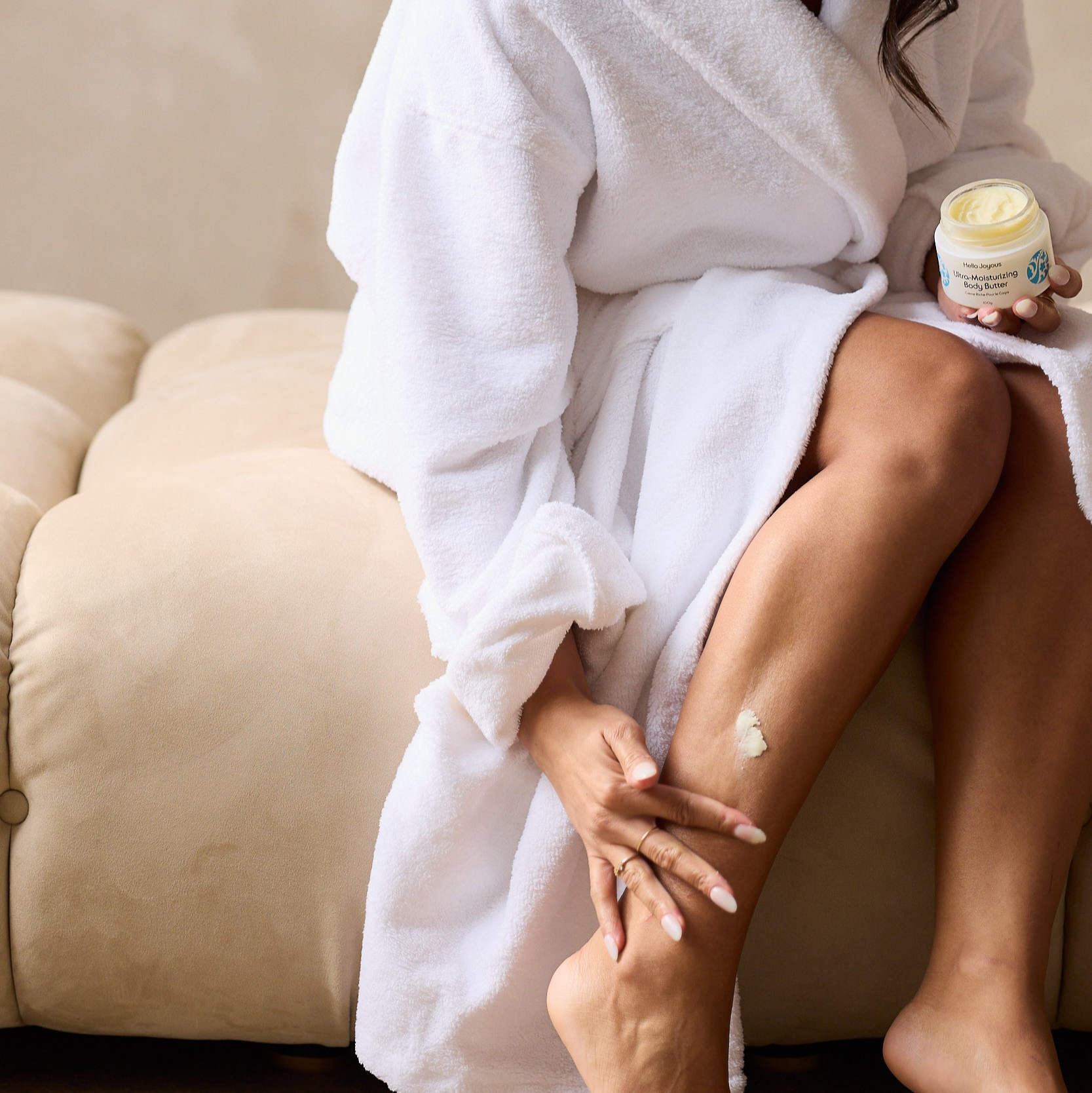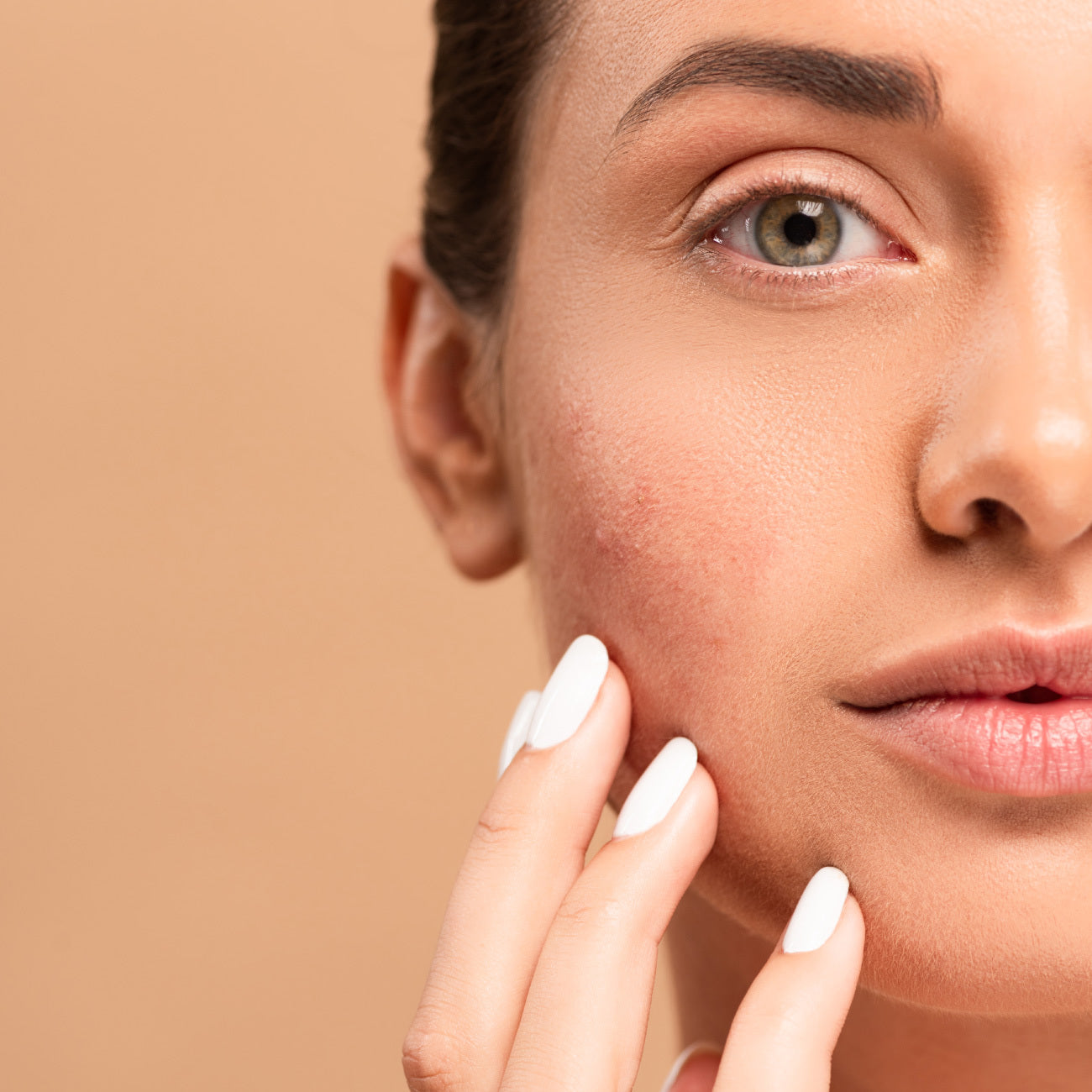When it comes to skincare, many people often describe their skin as "sensitive." However, there's a crucial distinction between having naturally sensitive skin and experiencing sensitized skin. Understanding this difference can be a game-changer for your skincare routine and overall skin health.
Sensitive Skin vs. Sensitized
Skin Sensitive Skin: This is a skin type. If you have sensitive skin, you were likely born with it. This skin type is often genetic and characterized by a thinner skin barrier, which can make it more reactive to environmental factors, products and stress. People with sensitive skin may experience redness, itching, and discomfort more easily so extra TLC is needed.
Sensitized Skin: Unlike sensitive skin, sensitized skin is a condition that can affect anyone, regardless of their skin type. It occurs when the skin's barrier is compromised, leading to increased reactivity and irritation, even conditions like rosacea. Sensitized skin can result from various external factors such as:
- Use of Harsh Products: Frequent use of products containing alcohol, strong acids, or harsh exfoliants can strip the skin of its natural oils and weaken its protective barrier. Even foaming cleansers with SLS or other harsh detergents that get the grime off your car, are not meant for you face, but it's all too common to see these ingredients in skincare products.
- Environmental Stressors: Exposure to pollution, extreme weather conditions (long distance running or skiing and wreak havoc on your skin), and UV radiation can damage the skin and lead to sensitization.
- Lifestyle Factors: Stress, lack of sleep, and poor diet such as too many processed foods, sugars, fried fats, can also contribute to the skin becoming sensitized.
- Improper Skincare Routine: Over-cleansing, using water that's too hot, or layering incompatible products can disrupt the skin's balance and lead to sensitization.
How to Care for Sensitive or Sensitized Skin
- Simplify Your Routine: Pare down your skincare routine to the essentials. Stick to a gentle cleanser like Fresh Face Cleanser, an alcohol-free toner like Magical Mist, a soothing moisturizer like Hella Hydrating Serum, and of course, a mineral-based sunscreen. Avoid using too many active ingredients at once. Keep it skinimal!
- Choose Gentle Products: Look for products specifically formulated for sensitive or sensitized skin. Ingredients like comfrey root, organic vegetable glycerin, calendula, chamomile, and rosehip oil can help soothe and repair the skin barrier.
- Avoid Triggers: Identify and avoid triggers that cause your skin to react. This might include certain fragrances, alcohol-based products, or abrasive exfoliants.
- Moisturize: Keeping your skin well-hydrated helps to strengthen the skin barrier. Opt for moisturizers with hydrating ingredients like hyaluronic acid which is one of two powerful ingredients in Hella Hydrating Serum!
- Protect Your Skin: Always wear sunscreen to protect your skin from UV damage, which can exacerbate sensitization. Choose a mineral-based SPF that is formulated without fragrance or other irritating ingredients.
- Be Patient: Healing sensitized skin takes time. Be patient and consistent with your skincare routine, and avoid the temptation to try new products frequently. If you have sensitive skin because you're genetically more predisposed than you'll always want to follow these tips above.
Understanding whether your skin is sensitive or sensitized is crucial for choosing the right skincare approach. While sensitive skin is a genetic trait, sensitized skin is a condition that can be managed and improved with the right care.
By simplifying your routine, choosing gentle products, and avoiding common irritants, you can help restore your skin’s natural balance and resilience. Remember, healthy skin is happy skin!
Read more
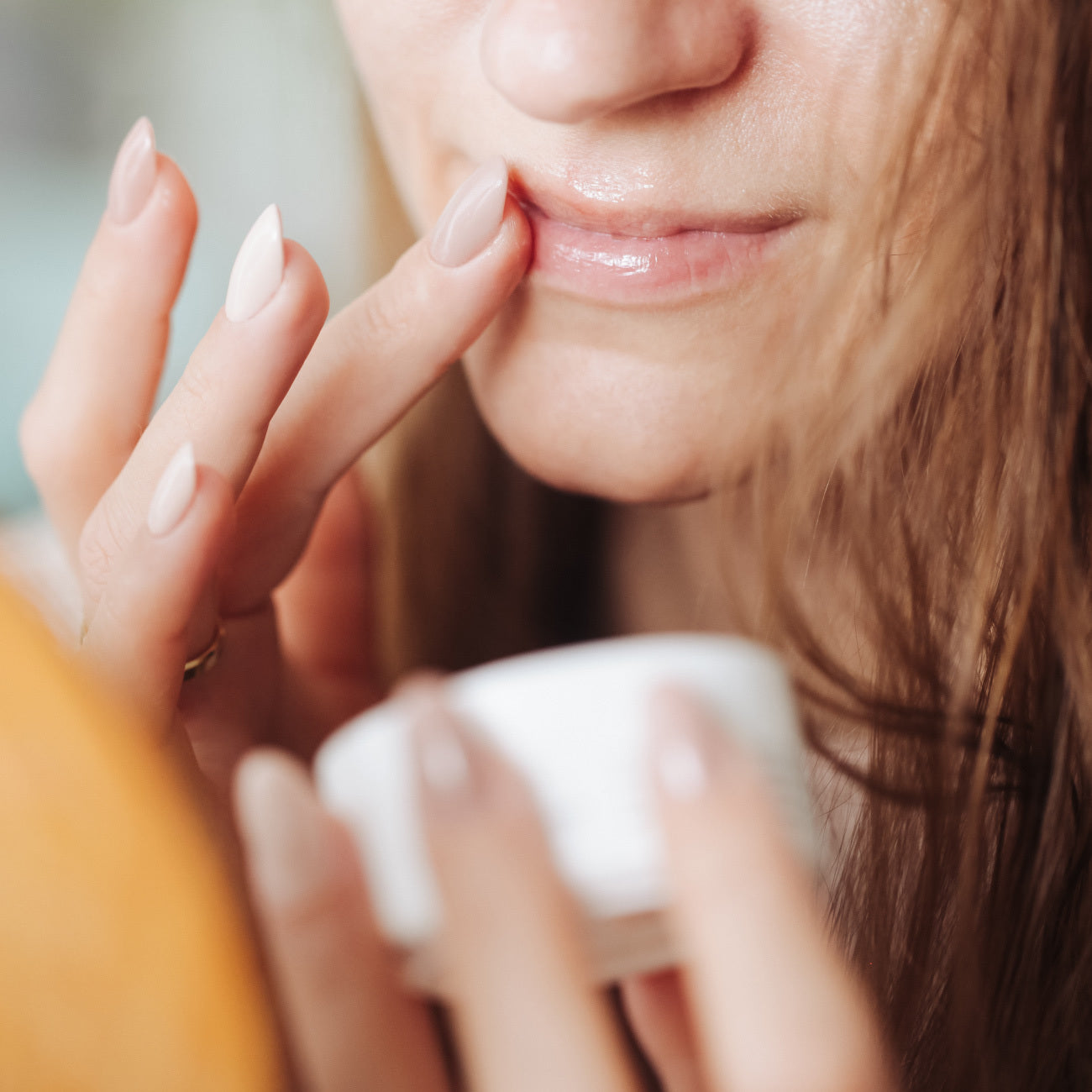
Part of our mission at Hello Joyous is to educate and empower our incredible community to make the skincare decisions that best suit their needs. Our blog has become the go-to resource for clean be...
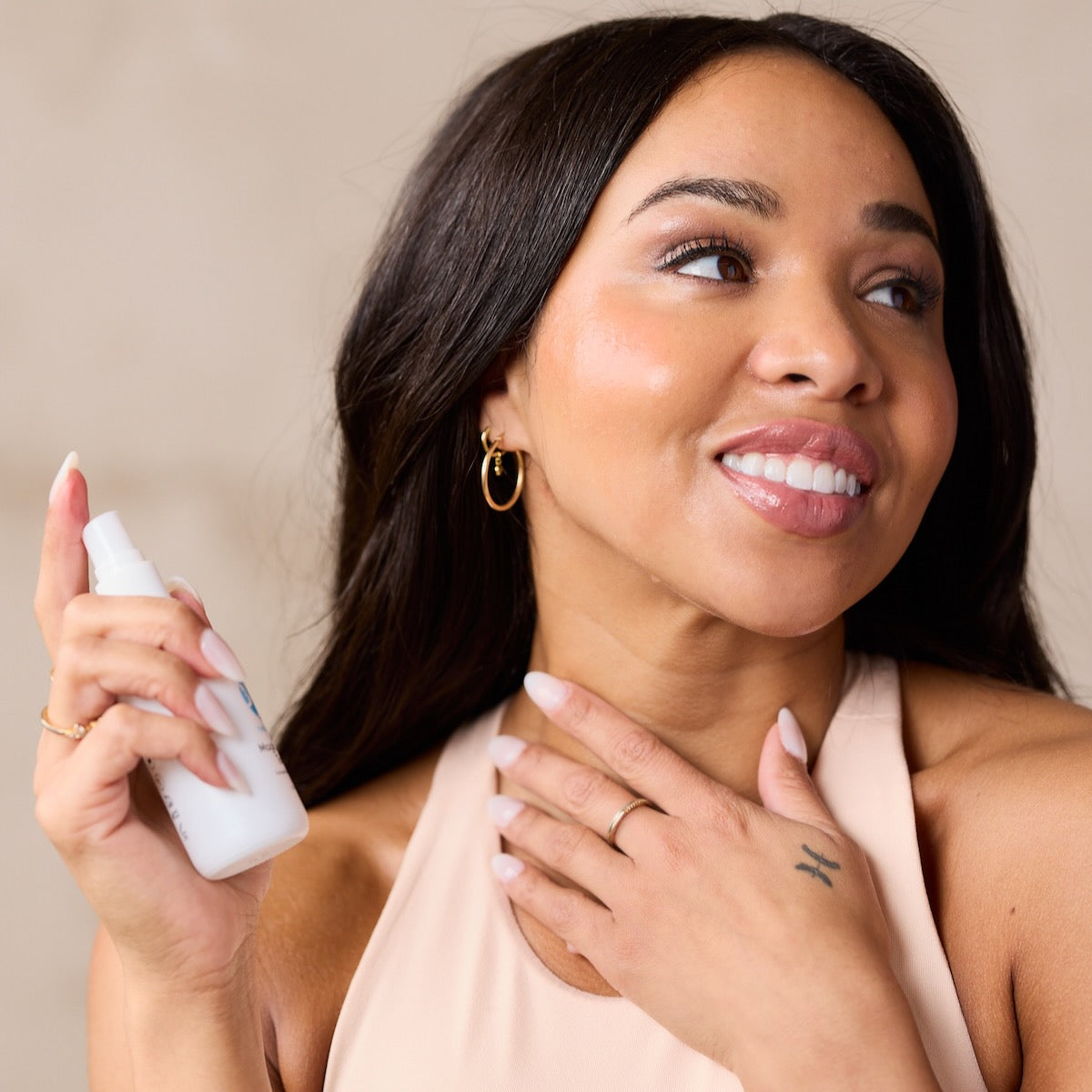
Skincare can be simple and still super effective! If you've followed us this past year, you already know we’re all about Skinimalism—keeping things easy, fun, and giving your skin exactly what it n...
